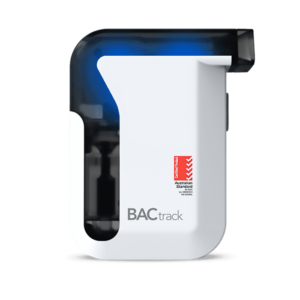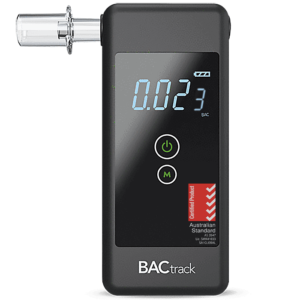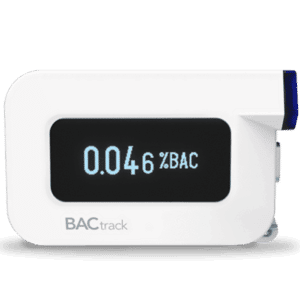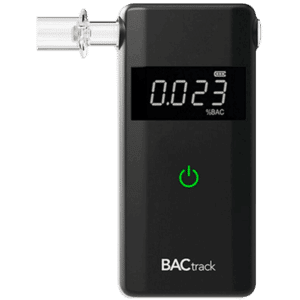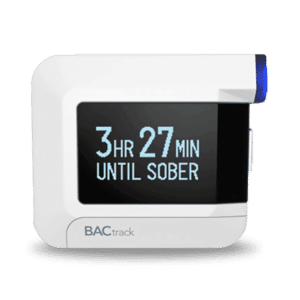Working with Drug and Alcohol Users: Impacts & the Role of Professionals
19 April, 2024

Drug and alcohol dependency is a complex issue that affects individuals and the people around them. Impairment can lead to accidents on the roads or at work, which can harm innocent bystanders. Several measures are in place to identify these individuals and provide interventions. Professionals working with drug and alcohol users play a crucial role in helping them overcome their substance use issues and achieve long-term recovery.
Substance use disorders are serious ailments that affect many people. They cause health, financial, and relationship problems. As such, undergoing treatment is critical to returning to daily activities. Detoxification and psychological therapies are frequently included in treatment plans to address substance misuse. Moreover, having a solid support system is vital in preventing relapse. This article will present the impacts of working with people with substance use disorders, the role of professionals, and ethical guidelines.
Impacts of Working with Drug and Alcohol Users
Working with drug and alcohol users can have a significant impact on those around them. For their coworkers, it may be a challenging and emotional experience since substance abuse can cause erratic behaviours and recklessness. These individuals may also require emotional support at times, especially when they are experiencing withdrawal symptoms.
Employers may also observe that an employee with substance use disorder is more prone to absences and tardiness. They may also have lower productivity than other employees. Nevertheless, they must provide support and resources to help the individual access drug and alcohol treatment services. Moreover, they must establish safeguards to prevent substance misuse from causing accidents.
Furthermore, friends and family members of drug and alcohol users may also be affected if their loved one is suffering from alcohol or drug dependence. They may experience emotional distress, financial strain, and conflicts within the relationship. It can be challenging for them to watch their loved one struggle with addiction, and they may feel helpless trying to support them.
Importance of Addressing the Issue
- Addressing substance use issues is crucial for the health and well-being of individuals.
- It helps people prevent the adverse health effects of active substance abuse. These include higher risks of heart, lung, kidney, and liver diseases.
- Providing interventions can also help substance users overcome their addictions and have more fulfilling lives.
- Identifying substance misuse can also reduce safety risks within work sites and on the roads. This reduces the risks of accidents, which may lead to injuries or fatalities.
- Effective interventions can also reduce financial strain and improve relationships within families and communities. They can rebuild trust and work toward a better future.

Role of Healthcare Professionals in Working with Drug and Alcohol Users
Health professionals play a crucial role in working with drug and alcohol users. They provide several services, such as giving advice about treatment, supporting patients, and implementing treatments to help individuals recover from their alcohol and drug issues. Their expert input and ability to develop effective care plans are essential for those with alcohol and drug issues.
Moreover, addiction professionals can provide necessary education regarding the risks and consequences of substance abuse. They can also offer guidance on how to prevent relapse. They can also connect individuals with support groups and other resources to aid their recovery journey.
Additionally, healthcare professionals can provide a non-judgmental and supportive environment for individuals struggling with substance use disorder. They can help reduce the stigma associated with addiction and encourage those affected to seek help without fear of judgment. They may also provide certification for those they believe can return to work safely when they observe the individual is ready to switch from inpatient to outpatient treatments.
Importance of Non-Judgmental Approach
Health professionals must have a non-judgmental approach when treating patients with substance use disorders. This is because a significant part of rehabilitation involves building trust and rapport with the individual. Doing so can be difficult when the patient feels judged or stigmatised. Healthcare professionals can help individuals feel comfortable seeking treatment and support by providing a supportive and non-judgmental environment.
It is essential to remember that substance addiction is a complex disorder that impacts individuals physically, mentally, and emotionally. Approaching individuals with empathy and understanding can make a significant difference in their recovery speed and success.

Ethical Guidelines for Working with Drug and Alcohol Users
It is crucial to follow ethical guidelines when working with drug and alcohol users. Firstly, health professionals and workplaces must respect their privacy and keep their medical records confidential. As such, they must guard against test result leaks by keeping the information accessible only to relevant staff on a need-to-know basis.
Secondly, professionals must respect the autonomy and decision-making capacity of the patient. They should be fully aware and consent to the treatment plans designed by their healthcare provider. Moreover, the doctor should ensure that all interventions have a sufficient medical basis. There should not be discrimination issues or conflicts of interest between the healthcare professional and patient for effective rehabilitation.
Thirdly, it is crucial to be aware of boundaries and limitations when conducting therapeutic interventions. Health professionals should not engage in dual relationships with their patients, such as becoming personally involved outside medical settings. Ultimately, maintaining professional boundaries is essential to ensure all actions contribute to the best interests of the patient.
Support Resources
Having a support system is crucial to the recovery of individuals suffering from illicit drug and alcohol abuse. Besides support and encouragement from loved ones, there are several resources available to help individuals on their journey to recovery.
Counselling and therapy can also be beneficial for individuals seeking professional help in dealing with their substance use disorder. Therapists can provide coping strategies and address mental health issues that contribute to their dependencies. Furthermore, support groups, such as Alcoholics Anonymous and Narcotics Anonymous, offer a safe space for individuals to share their experiences and receive guidance from others with similar struggles.
Conclusion
Working with drug and alcohol users can require a compassionate and non-judgmental approach from healthcare professionals. Besides treatment, patients need motivation to stick to their rehabilitation plan and avoid relapse. By providing a supportive environment, respecting ethical guidelines, and offering access to support resources, individuals struggling with substance use disorders can feel empowered to seek treatment and begin their journey to recovery.
By successfully providing treatment, people can reduce safety risks in workplaces and public areas. Moreover, they can help solve the negative impacts caused by substance abuse. Nevertheless, professionals must also follow ethical guidelines. This includes maintaining the confidentiality of the medical records, respecting the decisions of the individual, and providing evidence-based treatments. Healthcare providers should not engage in dual relationships or discriminate against patients. By following these guidelines, healthcare professionals can make a positive impact on their patients.


















